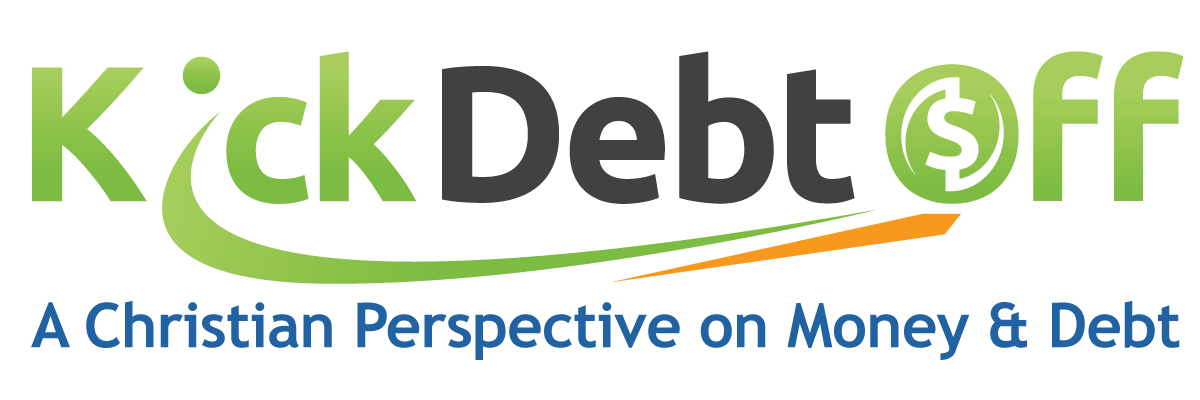(Part -Two)
On the previous post, we talked about how to avoid student and college debts, but also realize that it might not be possible for everyone to go through school and graduate without some form of debt obligation. This post is a part two series of student loans. If you have taken or are planning to get a student loan here’s what you need to know.
Student loans are real and you cannot escape from the obligation that comes with it once you borrow. Whether you drop out of college you will still be required to pay the loans you borrowed for college funds.

Actually there are very limited and specific circumstances under which your loan debt can be discharged (canceled) or reduced:
- You die or become totally and permanently disabled
- Your school closed before you could complete your program
- If you file bankruptcy, and there is evidence that repaying your loan will hurt your survival. (very slight chance)
Therefore, if you are planning to get a loan for school, you must exercise discipline with your finances.
Personally I always knew that I would pursue career in the healthcare field; so after graduating with bachelors in biology, my plan was to enroll into graduate school. This resulted to a move from my hometown town to a different city to pursue my studies. Consequently, i got a school loan and tried to leave below my means. I cooked all my meals and braided my hair often to save money on hair treatments; and got a job in the school library. Looking back, i love what i do; and have no regrets about taking on a student loan. Of course we have to deal with the financial toll that comes with it.
A check-list before you get a student loan
Federal financial aid is a major investment in your future, if this is the route you wish to take proceed with caution.
1 Before you get a loan, understand the details of your program:
- How long it will take,
- How much does it cost?
- Do you get scholarships,
- What other form of financial boost can you get apart from loans
Take a case scenario here,
Assume you have been admitted in Duke University in North Carolina to pursue your dream career; these are last year’s (2008-2009) Estimated costs:
Tuition & Fees: $36,065
Room: $5,360
Board: $4,816
Personal expenses/books: $4,509
Total Cost of Attendance: $50,750
Assuming your program takes four years your total estimated costs will be
$50,750 * 4 = $203,000
My emphasis here is not the cost but knowing what your obligation is, because as noted earlier, even if you drop out of your program, once you borrow federal student loan, you are required to pay it off.
2 Avoid surprises; you need to know how much you will have to pay per month after you graduate. Will this be possible with your future income?
If you have already taken student loans, or you are repaying your loans like me, remember it is about priorities and responsibility. Once you graduate from college you may get a six month grace period to settle down, but the payments will be due once the grace period is over.
Falling behind on student loan payments can be easy due to other personal responsibilities. Take action before catching up becomes too hard.
How to manage Student loans
- Get on top of your finances,
- Operate on a budget
- Sign up for Automatic payments – we realized a significant drop on interest rate when we signed up for automatic payment for my student loans
- If your obligations to pay become heavy, consider consolidating your loan. This will stretch your loan to 30 years but reduce your payments.
- Do not pay the minimum due- just like credit the interest rates accumulate fast, if you pay the minimum it will take you a long time to re-pay
- Keep track of your debt—and understand how it fits into your overall finances—and you will achieve financial wellness.
According to American Student Assistance (ASA) being late on a federal student loan can:
- Make it hard for you to get a car loan, a mortgage, or even an apartment lease by severely damaging your credit.
- Allow your lender to charge interest on your unpaid interest, increasing the amount you owe.
- Leave you open to additional collection fees, having part of your paycheck seized, and other
- Outstanding fees and unpaid interest can be capitalized (added) onto your principal balance.
If your loan defaults, your guarantor is required to collect on it. In addition: according to ASA
- Your entire loan balance will be due in full, immediately.
- Collection fees can be added to your outstanding balance.
- Up to 15% of your paychecks can be taken.
- You will lose deferment or forbearance options
- Your state and federal tax refunds, Social Security, and disability income can be seized.
- You will lose eligibility for federal aid, including Pell grants.

Someone I work with just got their degree and can’t find a job. Eventually they will have to start paying that student loan debt back. I think parents and kids today need to re-evaluate taking on tons of debt just for a degree.